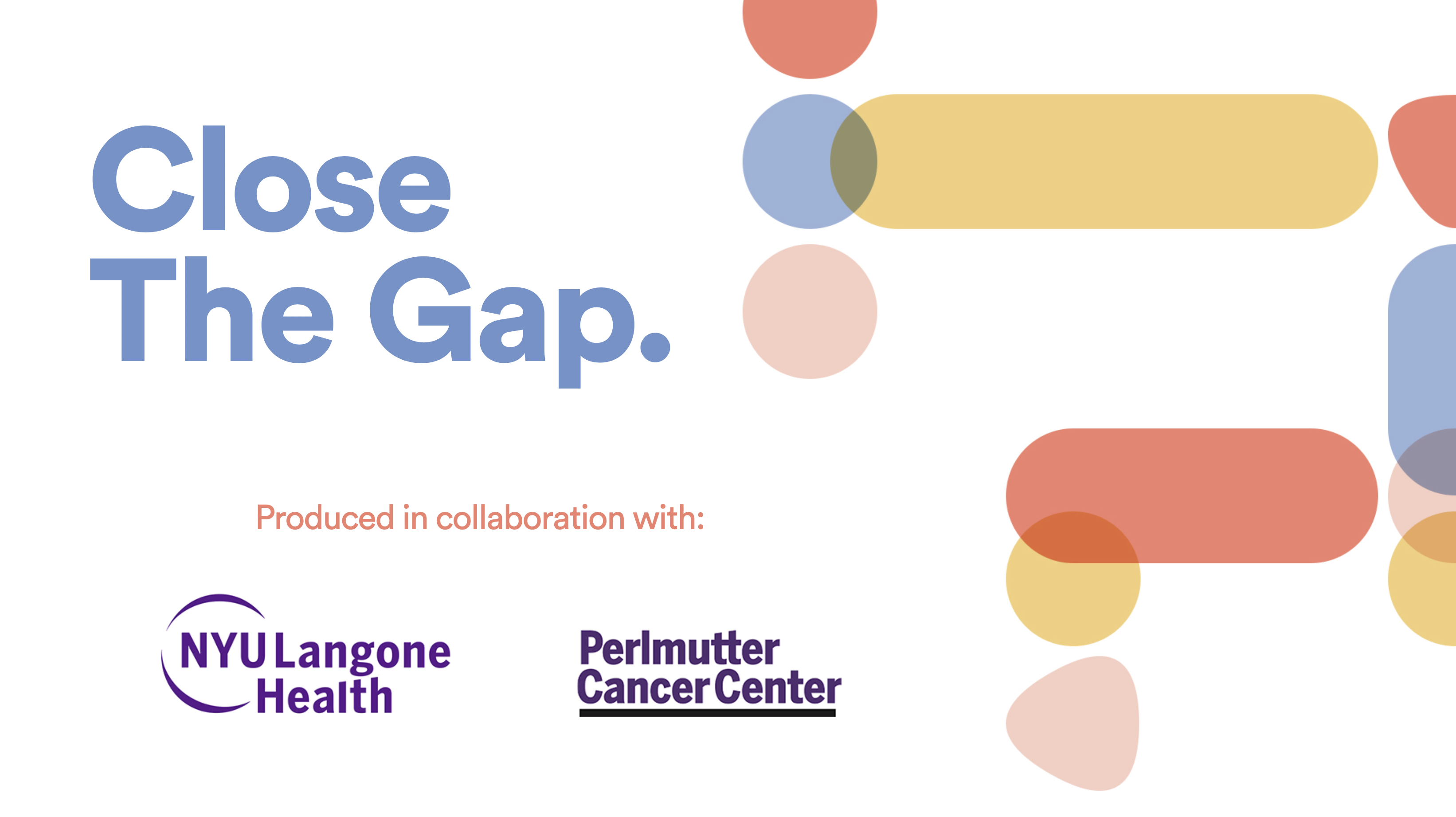The Victories
- 2020 has seen huge advancements in cancer; including new cancer drug approvals, decrease in death rates, and work to make clinical trials more accessible.
- There have been a record number of FDA approvals for new cancer drugs and new uses for existing drugs.
- Researchers are working to address unequal access to clinical trials for Black and other minority communities; SurvivorNet’s "Close the Gap" initiative is working to increase awareness to improve survival rates for all people diagnosed with cancer.
FDA Approval Wave
The increase of FDA approved cancer drugs kicked off in the beginnings months of 2020, with aggressive lung cancer drug Tabrecta, PARP Inhibitor Olaparib for advanced prostate cancer, and Daratumumab for newly diagnosed or recurring multiple myeloma being approved for patients. It may be hard to believe that these approvals have occurred during the COVID-19 pandemic, but in reality these approvals stem from research conducted prior to COVID-19, with some clinical trials occurring at the end of 2019.
Read MoreDecrease in Death Rates
Thanks to an increase in research, the United States has seen a significant drop in cancer deaths over the years. This includes everyone men, women, and children. For men, the decline was consistent across ten common cancers, such as leukemia, melanoma, non-Hodgkin lymphoma, colon cancer, and lung cancer. For women, there was a decrease in common cancers including breast cancer, bladder cancer, ovarian cancer, melanoma, and cervical cancer.
However, there is still a lot more progress to be made. In cases of children, advancements in pediatric cancer treatments have led to a 90% survival rate for children facing a cancer battle. 50 years ago, children faced a 10% survival rate when diagnosed with cancer. And while the survival rates have increased exponentially, the number of new diagnoses annually has not decreased since 2000.
Childhood cancer survivor Justice Wexler gets real about the chemo experience
Access to Clinical Trials
The disproportionate access to clinical trials has been a long-standing problem within the cancer community. However, researchers have made increasing accessibility for Black communities and other communities of color a priority in order to increase survival rates. There’s still a lot of suspicion within the Black community around trusting health care systems and clinical trials; the past Tuskegee experiment is a huge reason for this baseline mistrust.
However, over the past two years, SurvivorNet has focused on raising awareness around this persistent racial gap. The "Close the Gap" initiative is working to improve survival rates for all people diagnosed with cancer regardless of race. We have teamed with NYU Langone and The Perlmutter Cancer Center as partners in this effort, as the fight for equality carries on.

Learn more about SurvivorNet's rigorous medical review process.


